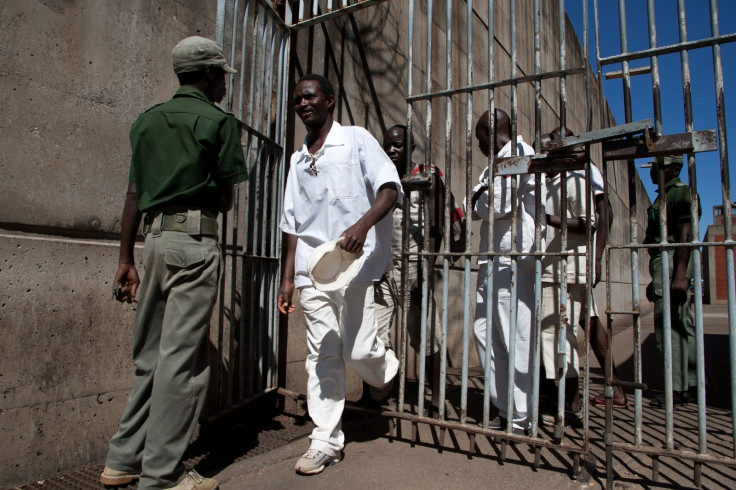In a country with 80% unemployment, even Zimbabwe's hangman job is fought over
There are 92 people on death row in Zimbabwe, but the country last used capital punishment 12 years ago.

More than 50 people have applied for the very special position of being the hangman in Zimbabwe. The interest could well be prompted by Zimbabwe's sky-high unemployment rate, estimated to be over 80% by the World Bank and International Monetary Fund.
The southern African nation's Justice secretary Virginia Mabhiza said her department would carefully sift the applications, giving no time frame for an appointment.
"The response has been overwhelming and the applications have been from both men and women interested in taking up the position of hangman," Mabhiza told local newspaper NewsDay.
"We have received over 50 applications in the past few months. People are very interested."
The move by the government, led by President Robert Mugabe, to appoint a hangman is curious, because the nation has long held an ambivalent attitude towards state execution.
There are 92 people on death row in Zimbabwe, but the country last exercised capital punishment 12 years ago.
The nation's last hangman quit his post in 2005 after hanging two armed robbers who murdered a prison guard while escaping jail.
12-year hiatus on death penalty
Human rights group Amnesty International has applauded the country for the 12-year "hiatus", and urges Harare to declare an official moratorium on the death penalty.
Mugabe had to commute the death penalty for 10 inmates on death row last year and said his cabinet is divided over abolition of the death penalty.
Vice-President Emmerson Mnangagwa has consistently said that Zimbabwe would not use the death penalty "under my watch".
Mnangagwa himself only escaped the noose for sabotage offences during the country's liberation war because he was under 18 years old.
Indeed, the government maintains a number of exemptions, with women, the mentally ill, juveniles and those above 70 years of age all excluded from capital punishment.
Mabhiza added that these carve-outs should be looked on as "steps that we have taken as a country towards abolition. But as things stand all people who fall in the category not protected by the constitution can be hanged."
About 70 people are believed to have been executed since Zimbabwe gained independence in 1980.
The country's Chikurubi prison, a maximum security facility outside Harare, is where the hangman is expected to be based.
The jail is notorious for its filthy, freezing and overcrowded cells infested by maggots and rats.
Former inmates include Simon Mann, a British mercenary, whose lawyer claimed he was tortured there in 2004, before eventually being extradited to Equatorial Guinea where he spent five years behind bars for his role in a failed coup in the central African state.






















